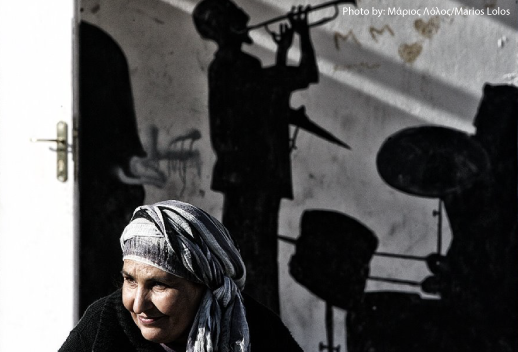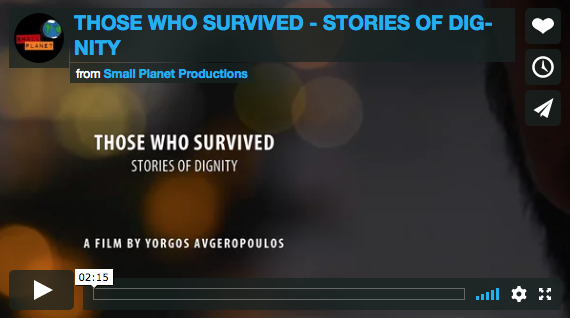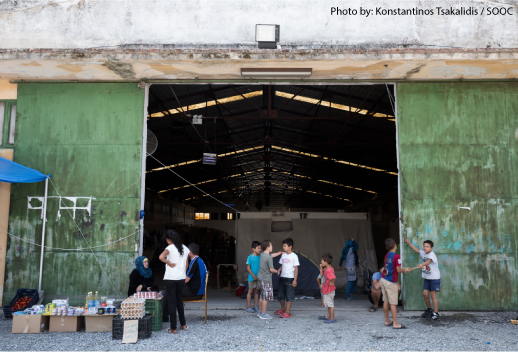Babel / Our philosophy:
At Babel, priority is given to those who have difficulty accessing or are being excluded from mental health services either because they do not have a residency permit for Greece or because they have not achieved a satisfactory level of fluency in the Greek language as to communicate with professionals in other mental health services.
There are no specific rules required to access Babel. Everyone can communicate in the ways they view most appropriate: via telephone, in person, or through another professional. The request is received by a member of the multidisciplinary team and then the first clinical session is scheduled. The goal while receiving the request and during the first clinical session is to connect the framework with the person seeking help and to establish a relationship between them and Babel.
Every request that we receive gets answered, even when it concerns referral to another centre (“automatic” referral is only made in cases concerning substance and alcohol abuse, where the requests are referred to specialized centers).
Acknowledging that mental health is positively and negatively affected by a variety of factors (risk and protection factors), the Babel multidisciplinary team tries to maintain its preparedness to detect (in the context of the “assessment”) the existence of these factors and to have an impact on them (towards the implementation of the principles of mental health promotion).
Babel’s philosophy is based on the following principles:
Respecting the individual
Focusing on the needs, resilience, and Development driven by Discontinuity - Integrated Approach
Accepting all requests
Understanding
Each request receiving an answer
Ensuring continuous care
Mediation
Cultural sensitivity / competency
The theoretical approach of Professor Reno Papadopoulos, Director of the Center for Trauma, Asylum and Refugees (University of Essex & Tavistock Clinic) is central in Babel’s philosophy. The approach is based on a framework that allows those working with this population to distinguish not only the negative impact that exposure to adversity may have on individuals, families and communities, but also to appreciate the powers they have maintained (derived from their pre-adversity era) despite their exposure to this adversity (this quality constitutes the term resilience) and the new powers that they have acquired as a direct result of this exposure (Development Activated by the Adversity).
In other words, this approach argues that, remarkably, despite their negative nature, the devastating experiences linked to the migration treaty (irrespective of their degree of cruelty and their devastating effects, as in the case of refugee) can also help people reorganize their lives, reconstruct them, and give them new meaning. Intervention by “professionals” intends to support people seeking help in a way as to deploy these possibilities.

Photo by: /Marios Lolos
Photo by: Marios Lolos









